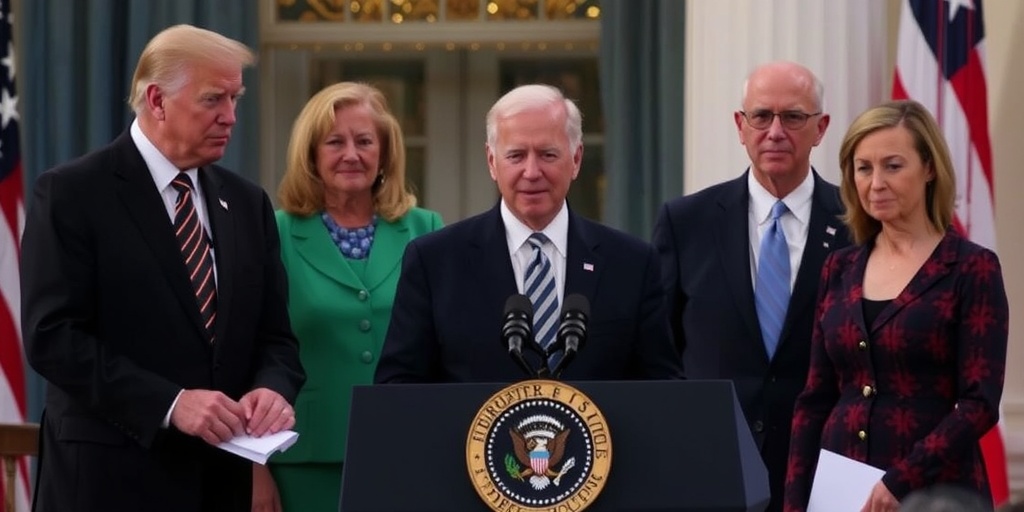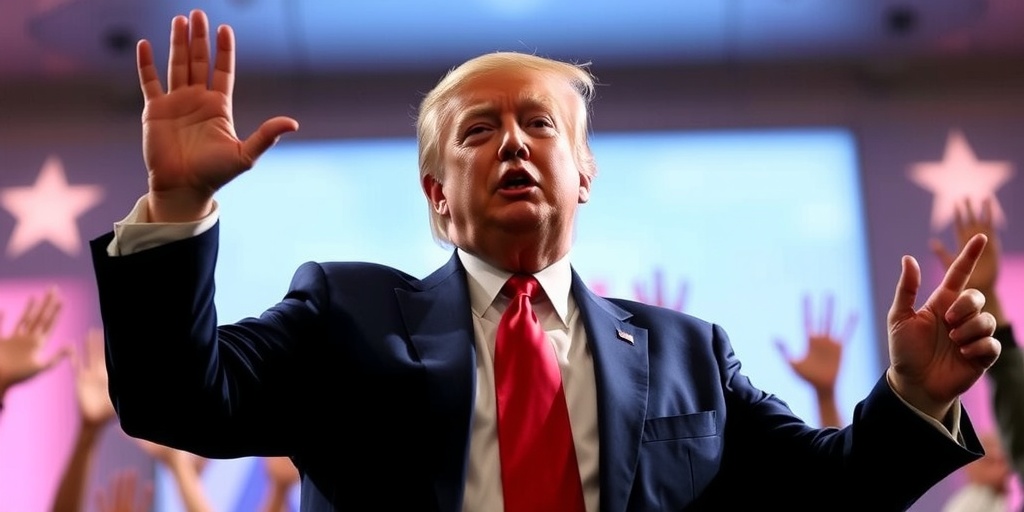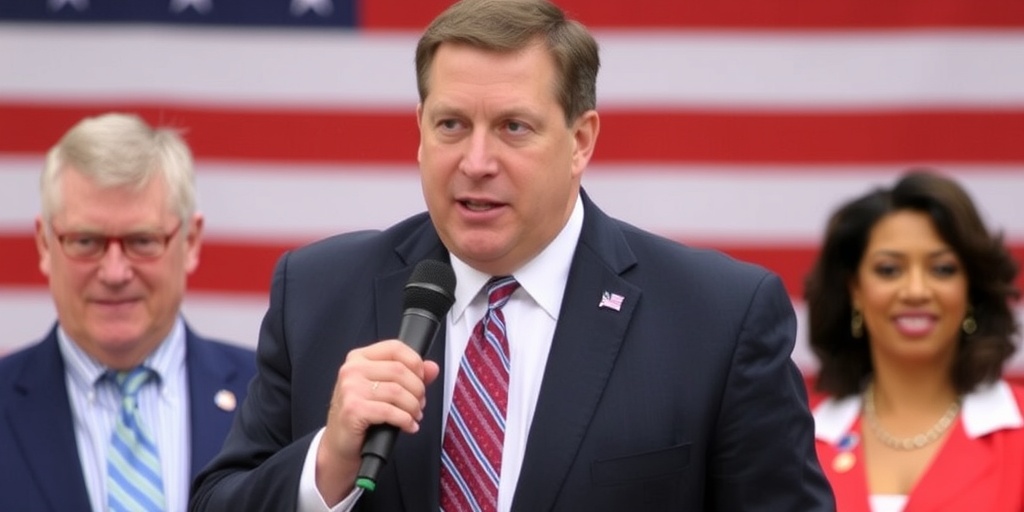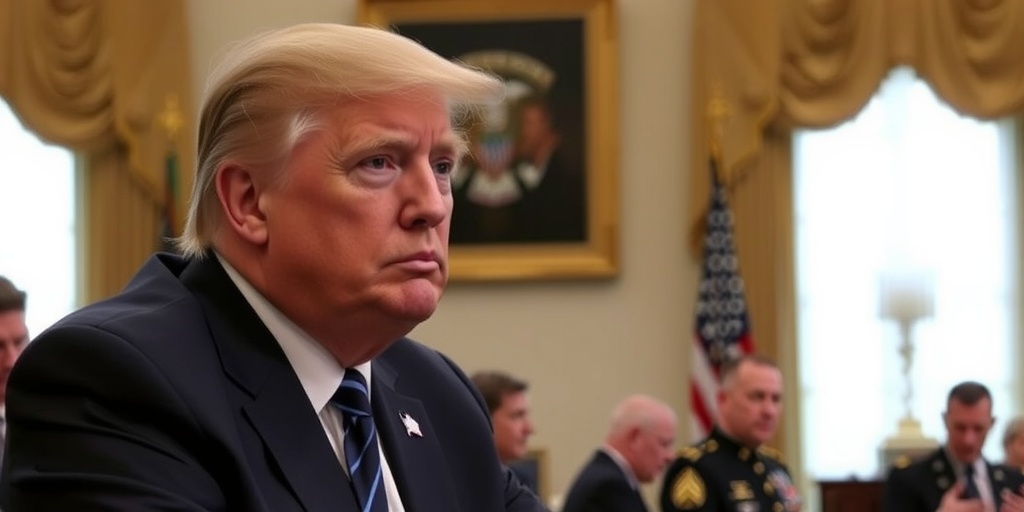Now Reading: Bongino Asserts He’s Non-Partisan to F.B.I.
-
01
Bongino Asserts He’s Non-Partisan to F.B.I.
Bongino Asserts He’s Non-Partisan to F.B.I.
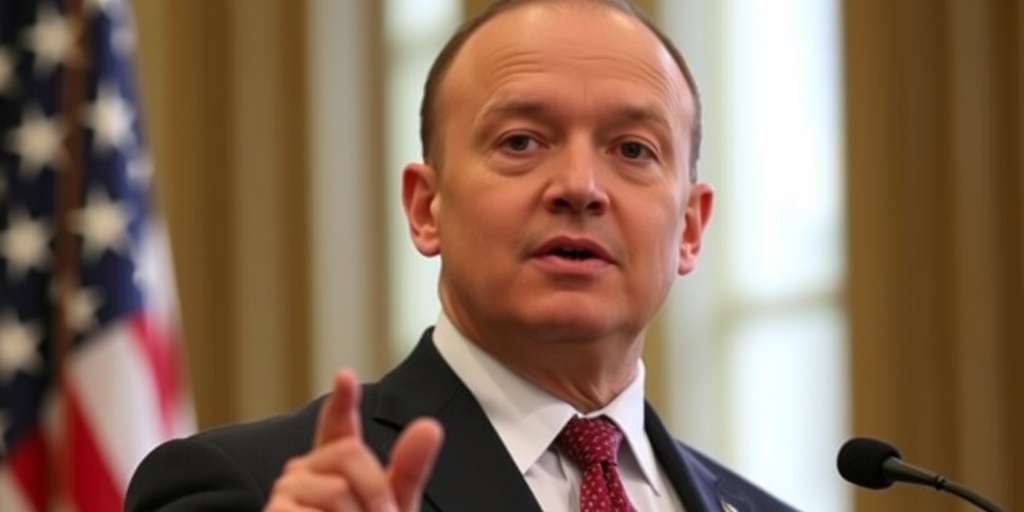
Dan Bongino Takes the Helm at the FBI Amidst Concerns of Partisanship
In a notable transition at the Federal Bureau of Investigation (FBI), Dan Bongino, who previously served as the deputy director, addressed the agency’s workforce, emphasizing his commitment to impartiality in his new role. Bongino, who gained fame as a conservative podcaster known for his sharp criticism of Democrats and fervent support for President Trump, sought to reassure FBI employees that he would not let partisan politics influence his duties.
In an email to the workforce, Bongino declared his intention to "set aside any personal politics" and rise above partisanship as he undertook the responsibility of overseeing the FBI’s 38,000 employees. He highlighted his previous experience as a special agent with the U.S. Secret Service, where he had protected both Democratic and Republican presidents, and also referenced his service with the New York Police Department (NYPD), where he aimed to serve and protect all citizens equally.
Bongino’s statements come amid a climate of skepticism surrounding the FBI’s independence, particularly regarding the agency’s leadership under him and Kash Patel, the recently appointed director. Many former and current agents have voiced concerns about whether Bongino and Patel can maintain the agency’s traditional non-partisan stance, especially in light of ongoing investigations that could potentially provoke backlash from the White House.
Kash Patel, who previously worked as a prosecutor for the Justice Department, has been a prominent voice supporting Trump, further complicating the narrative of impartiality within the FBI’s upper ranks. Historically, the position of deputy director has been occupied by seasoned agents who have climbed through the ranks, gaining invaluable experience in handling complex legal matters and engaging with national security concerns. The past five deputies had accumulated an average of over 20 years with the FBI before attaining such a pivotal role.
In his farewell address before stepping down, Christopher A. Wray, Bongino’s predecessor, urged the FBI’s agents to conduct their investigations impartially, emphasizing the importance of following facts regardless of public sentiment—“because there’s always someone who doesn’t like it.”
The selection of Bongino, who is 50 years old, marks a significant departure from tradition. While he possesses law enforcement experience, much of his recent background is not deeply entrenched in national security matters, which are fundamental to the FBI’s mission. His predecessor, Wray, had focused on addressing complex cyber threats and ensuring that the agency utilized advanced technology to counter sophisticated adversaries, such as those posed by China.
Bongino himself acknowledged that he faces a steep learning curve in his new role, recognizing that while he might understand some FBI terminology and priorities, there is much to learn. Under Patel’s leadership, changes have been made to streamline the responsibilities of the deputy director, now primarily overseeing only the three largest field offices—those in Washington D.C., Los Angeles, and New York City. Managing these critical offices will present a considerable challenge, given the sensitive investigations they often undertake.
Despite his new position, Bongino’s previous rhetoric against the FBI raises questions about the agency’s perception moving forward. He has frequently criticized the bureau, labeling it as corrupt and dismissing its agents as "thugs." Furthermore, his promotion to deputy director comes as various partisan figures challenge the integrity of the FBI, threatening to erode trust in its operations.
In his email to employees, Bongino reflected on his public persona over the past decade. He acknowledged the scrutiny of his previous statements while underscoring the need for agents to conduct their work with integrity. “Remember that you work for the FBI. Those three letters mean something,” Bongino stated, presenting an image of accountability that he hopes to instill among his colleagues.
Concerns surrounding Bongino’s leadership linger, particularly regarding past political affiliations and his previous portrayal of the FBI. Many agents stress that while the bureau has certainly made missteps, it remains fundamentally non-partisan, with a workforce that leans conservative. Investigations into various political figures, including the Clinton family, have not led to claims of politicization in the past, contrasting sharply with the current climate where Trump’s supporters accuse the bureau of bias.
As Bongino and Patel strive to foster an environment of transparency and accountability, their ability to effectively manage the agency’s operations while remaining insulated from political pressures stands in question. Bongino’s approach may affect ongoing and future investigations; agents worry that his past statements could provide defenses against claims of FBI politicization.
The political landscape surrounding the FBI continues to evolve, with Bongino’s leadership marking a pivotal moment in the agency’s history. While he attempts to distance himself from his previous criticisms, the challenge remains to uphold the agency’s legacy of independence and objectivity amidst a politically charged environment.
Stay Informed With the Latest & Most Important News
Previous Post
Next Post
-
 01New technology breakthrough has everyone talking right now
01New technology breakthrough has everyone talking right now -
 02Unbelievable life hack everyone needs to try today
02Unbelievable life hack everyone needs to try today -
 03Fascinating discovery found buried deep beneath the ocean
03Fascinating discovery found buried deep beneath the ocean -
 04Man invents genius device that solves everyday problems
04Man invents genius device that solves everyday problems -
 05Shocking discovery that changes what we know forever
05Shocking discovery that changes what we know forever -
 06Internet goes wild over celebrity’s unexpected fashion choice
06Internet goes wild over celebrity’s unexpected fashion choice -
 07Rare animal sighting stuns scientists and wildlife lovers
07Rare animal sighting stuns scientists and wildlife lovers













